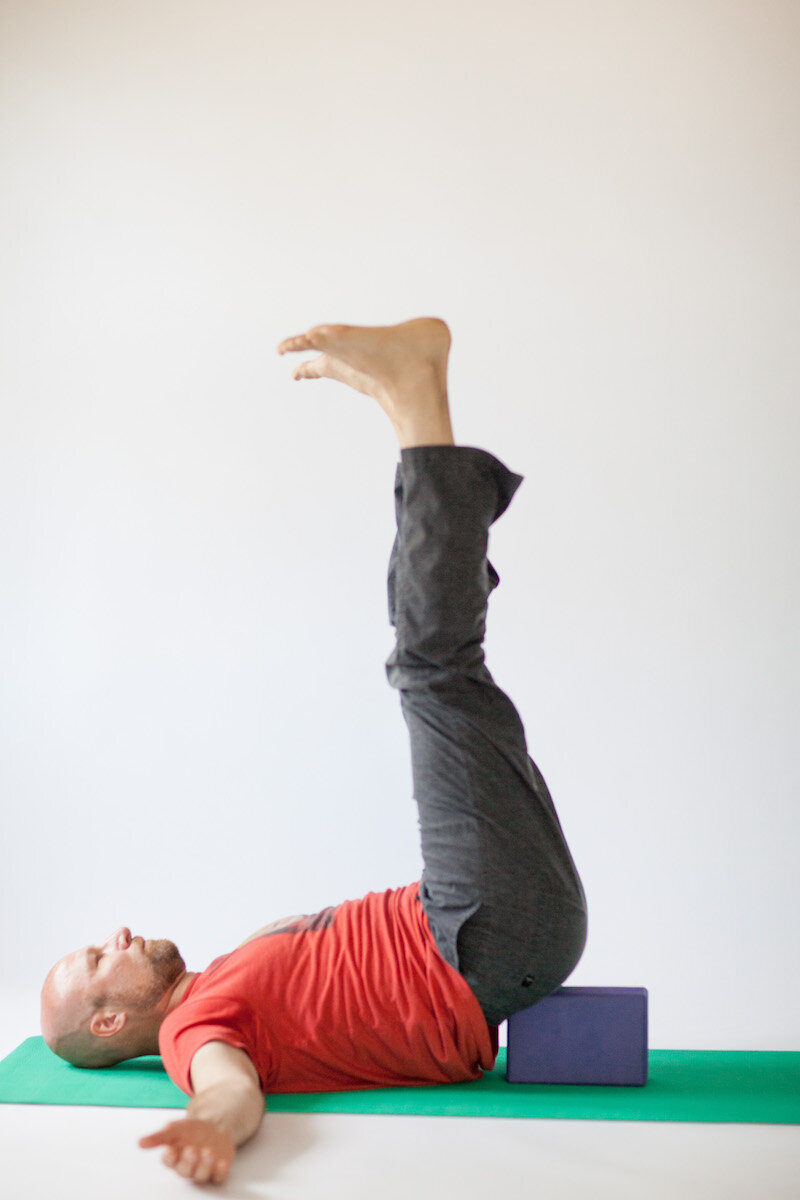As more people begin to reenter the workplace after a long time away because of the pandemic, many individuals may feel increased stress and anxiety. It's not because people are not ready to get back to work; it simply has to do with being used to working at home. We, as humans, tend to get into habits, and any changes to them will throw people into some chaos. It may not be significant chaos, but any disruption to our regular schedules will increase stress in our lives. Remember when the pandemic set in and all of our busy schedules came to a standstill. Covid 19 disrupted life, and we had to readjust to new plans and learn how to work on the internet in a whole new way. As a result, many individuals reported increased stress, anxiety, and disrupted sleep routines with a change in people's schedules. Now, as the pandemic is coming to a close, individuals have to readapt to old patterns, and that causes stress.
This added stress will creep into our relationships at work and home, making us moody and irritable. And once we've invited pressure into our lives, it will keep us up at night tossing and turning as the mind races adding to our anxiety. I think we all can agree that it affects every aspect of our lives when we don't sleep well. Negative sleeping patterns will make us grumpy in the morning, late to an appointment, or forget to turn in an important project at work.
A supported shoulder stand or legs up the wall is a great pose to help your mind calm down for a better night’s sleep.
How can people find a way to hit the reset button, so they no longer lose sleep. By introducing a regular yoga practice before they go to sleep.
Studies have shown that occasional yoga practice will improve the quality of sleep for people, but that sleep quality significantly increases if you're a regular practitioner of yoga.
Another reason to practice yoga is that yoga helps increase the body's melatonin production, which will help with sleep disruptions during the night.
Keep in mind that using the right kind of yoga practice to assist with sleep quality is essential. For example, doing restorative yoga before you sleep would be beneficial to keep you asleep. You can even add a yoga breathing exercise like alternate nostril breathing to decrease sleep disturbances at the end of your practice.
Yoga poses such as forward folds, reclined bound angle, or legs up the wall are essential to help transition to a great night's sleep.
Do those poses on your own, or practice along to the video below so you can be lead without thinking.
Here's to a better night's sleep and to transitioning to better post-pandemic life!


